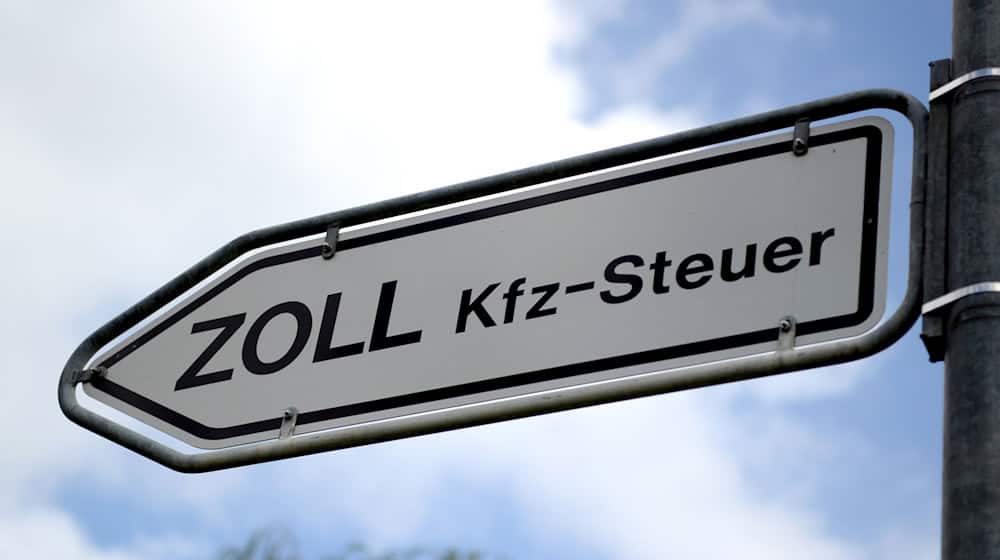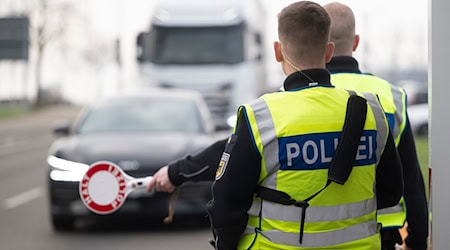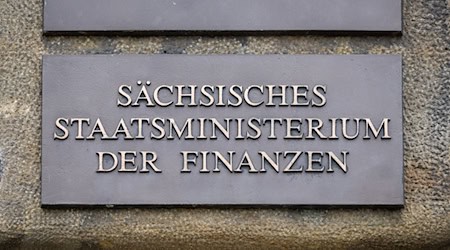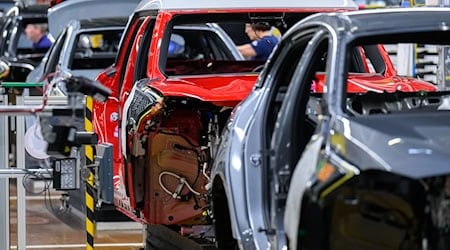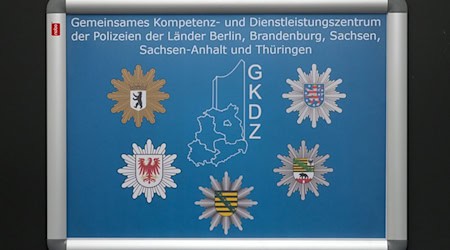Tens of thousands of Thuringians and West Saxons are late payers of vehicle tax - and the number has been rising for several years. This is according to data from the main customs office in Erfurt, which is responsible for Thuringia and western Saxony. According to the figures, around 86,000 vehicle owners in the region did not pay their tax on time last year. In the previous year, there were more than 84,000 cases and in 2022 just under 83,000 cases that ended up in enforcement at customs.
This means that around twelve million euros are outstanding each year that have to be collected by the tax authorities, said spokesperson Carlito Klaus in response to a dpa inquiry in Erfurt. First of all, reminders would be sent to the taxpayers. If this is unsuccessful, the next steps will follow.
From reminder to immobilizer
"We have an enforcement field service, our colleagues ring the doorbell." The tax debtors are then informed of the possible sanctions. In serious cases, these could go as far as securing the vehicle in enforcement proceedings if a seizure of property has already taken place.
For this purpose, customs have so-called valve guards, which are indicated with large stickers. They are "the last resort", so to speak, and are attached to vehicles. The parts ensure that air is let out of the tires when the vehicle is driven away without permission. "However, no such measures have been necessary in the area of responsibility of the main customs office in Erfurt in the last five years." Sanctions must always be proportionate, said Klaus.
Millions are collected
So-called tax claws, which also prevent cars from being driven away, are not used by customs, but are used by the Thuringian tax offices. According to the Thuringian Ministry of Finance, however, this has only happened in very few individual cases in the state for years and only with very stubborn tax debtors.
Last year, according to the main customs office, around ten million euros of the approximately twelve million euros in outstanding vehicle taxes were ultimately collected through enforcement. This was significantly more than in the two previous years with around five and 6.5 million euros. According to the spokesperson, no technical reasons could be given for the increase in the amount. However: a new vehicle is only registered "if all vehicle taxes have been paid to date".
Copyright 2025, dpa (www.dpa.de). All rights reserved

